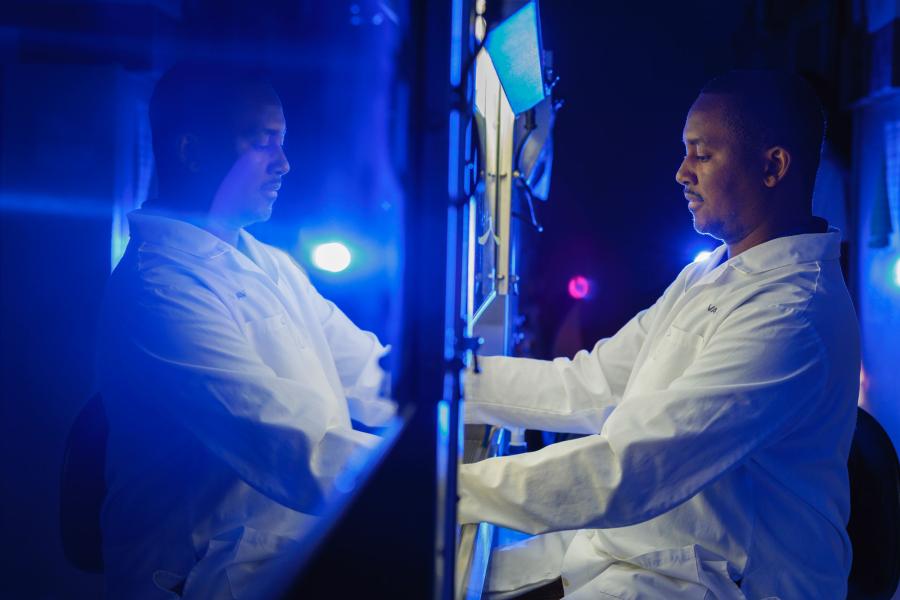A University of Virginia pediatrician recently conducted a study in which 18 healthy adult volunteers engaged in computerized brain performance testing three times a day for three days before being exposed to human rhinovirus – aka the common cold.
The study found that how well people were functioning cognitively just before being infected was an indicator of how well their bodies would respond against the respiratory virus.
The study was part of a project funded by the Defense Advanced Research Projects Agency to make predictions about soldiers’ susceptibility to illness. Led by the Duke University School of Medicine, the research also involved collaborators at the University of Michigan.
“This is an interesting observation in a relatively small study,” said Dr. Ronald Turner, the UVA professor emeritus who conducted the research. “I hope that there will be a chance to confirm these findings in a larger, more definitive study.”
To determine if volunteers got sick after being exposed to the rhinovirus, the researchers used a saline solution to sample secretions from the volunteers’ noses, then cultured the virus in the laboratory. The participants, who were UVA students and community members, rated how sick they felt using a standard symptom scoring system.
The research was published in Scientific Reports.
Media Contact
Communications Manager School of Engineering and Applied Science
williamson@virginia.edu (434) 924-1321
Article Information
September 12, 2025




